Are you concerned about the effects of aging on your skin? While wrinkles are often the first thing that comes to mind, aging can affect your skin in a variety of ways beyond just fine lines and wrinkles. In fact, as you age, your skin undergoes a number of changes that can impact its overall health and appearance.
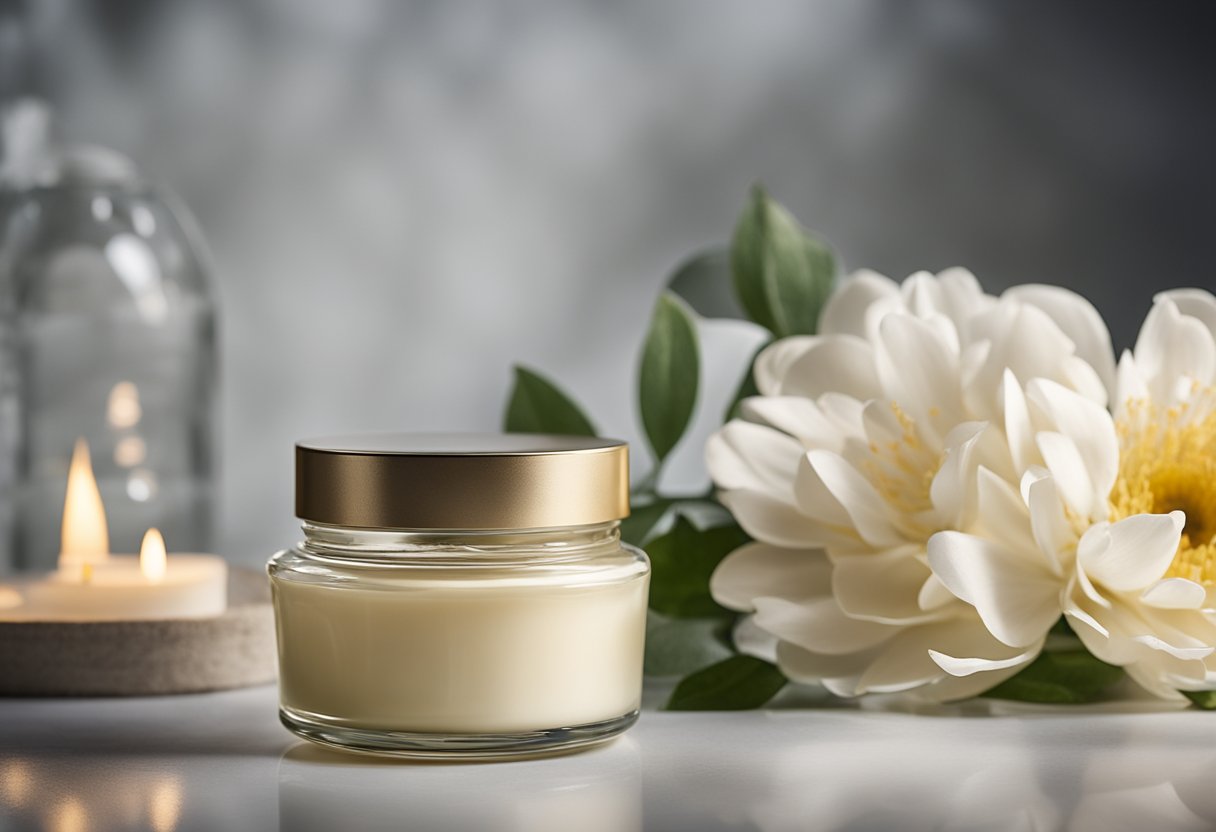
One of the most significant changes that occurs as you age is a decrease in collagen production. Collagen is a protein that gives your skin its structure and elasticity, but as you get older, your body produces less of it. This can lead to sagging, thinning skin that is more prone to wrinkles and other signs of aging. Additionally, your skin may become drier as you age, which can make it more prone to irritation and other issues.
Understanding the Aging Process
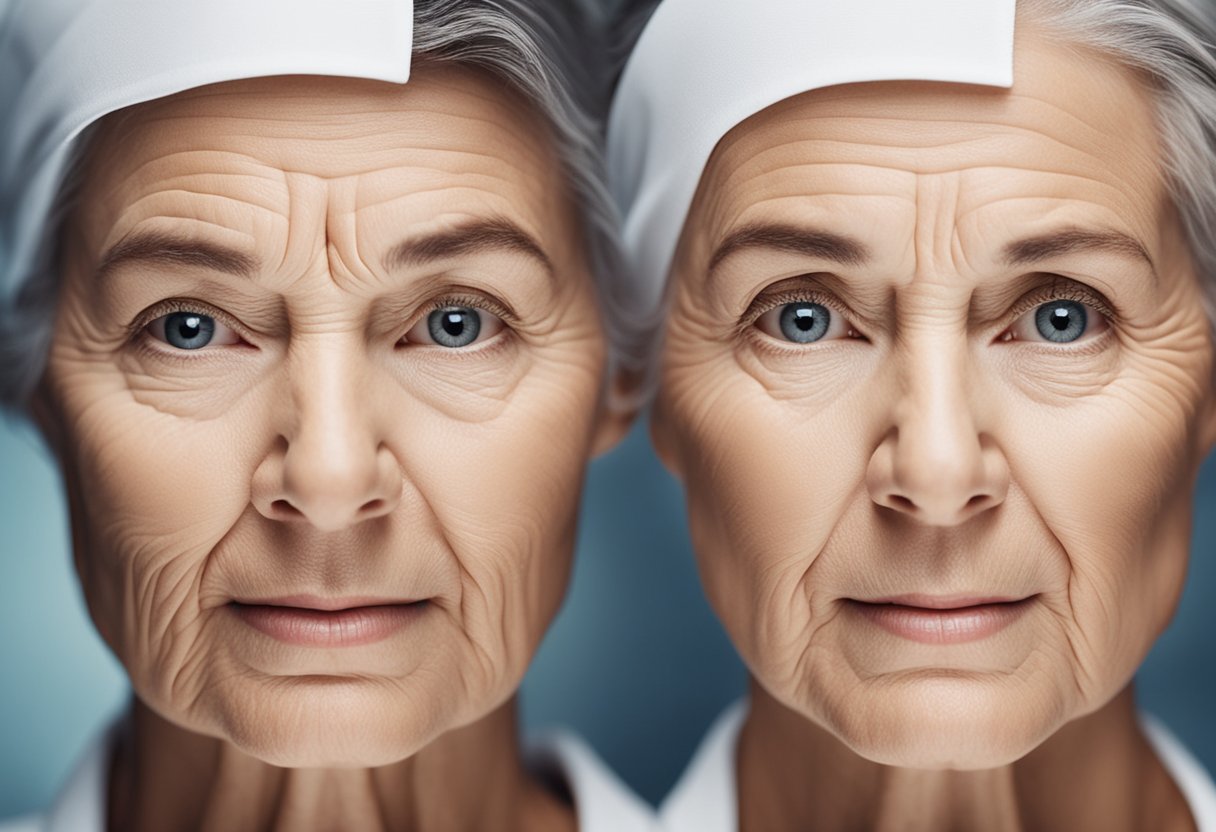
As you age, your skin undergoes many changes that can lead to wrinkles, dryness, sagging, and age spots. These changes are a natural part of the aging process and are caused by a combination of factors, including genetics, lifestyle, and environmental factors.
One of the main causes of aging skin is a decrease in collagen production. Collagen is a protein that gives your skin its elasticity and firmness. As you age, your body produces less collagen, which can lead to wrinkles and sagging skin.
Another factor that contributes to aging skin is a decrease in oil production. As you get older, your skin produces less oil, which can lead to dryness and flakiness. This can make your skin look dull and lifeless.
Exposure to the sun is also a major contributor to aging skin. The sun’s UV rays can damage your skin’s collagen and elastin, leading to wrinkles, age spots, and other signs of aging.
Other factors that can contribute to aging skin include smoking, poor nutrition, stress, and pollution. All of these factors can cause oxidative stress, which can damage your skin cells and lead to premature aging.
To keep your skin looking youthful and healthy, it’s important to take care of it. This includes protecting your skin from the sun, staying hydrated, eating a healthy diet, and using skincare products that are designed to nourish and protect your skin.
The Role of Skincare in Aging
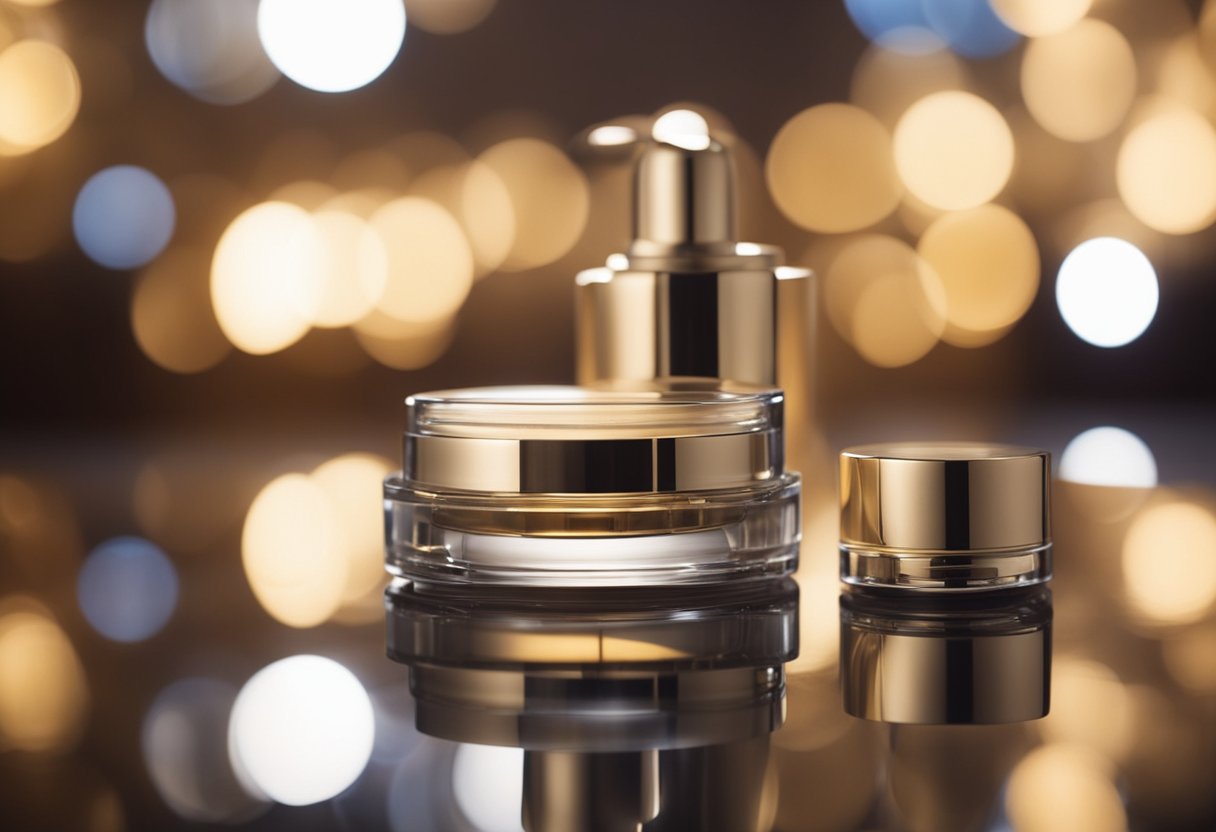
As you age, your skin undergoes various changes that affect its appearance and health. Skincare plays a crucial role in maintaining healthy and youthful-looking skin. Here are some ways in which skincare can help you age gracefully:
Moisturization
As you age, your skin loses its ability to retain moisture, making it dry and dull-looking. Using a good moisturizer can help keep your skin hydrated and supple, reducing the appearance of fine lines and wrinkles.
Protection from the Sun
Exposure to the sun’s harmful UV rays can accelerate the aging process, causing wrinkles, age spots, and other skin damage. Using a broad-spectrum sunscreen with an SPF of at least 30 can help protect your skin from the sun’s damaging effects.
Collagen Production
Collagen is a protein that gives your skin its structure and elasticity. As you age, your body produces less collagen, leading to sagging skin and wrinkles. Using skincare products that contain collagen-boosting ingredients like retinol, vitamin C, and peptides can help stimulate collagen production, improving your skin’s firmness and elasticity.
Exfoliation
As you age, your skin’s natural exfoliation process slows down, leading to a buildup of dead skin cells that can make your skin look dull and rough. Regular exfoliation can help remove these dead skin cells, revealing smoother and brighter-looking skin.
Hydration from Within
Drinking plenty of water and eating a healthy diet rich in fruits and vegetables can help keep your skin hydrated and healthy from within. Adequate hydration and nutrition can also help improve your skin’s texture and reduce the appearance of fine lines and wrinkles.
In summary, skincare plays a vital role in maintaining healthy and youthful-looking skin as you age. By following a regular skincare routine that includes moisturization, sun protection, collagen-boosting ingredients, exfoliation, and hydration from within, you can help your skin age gracefully.
Beyond Wrinkles: Other Signs of Aging
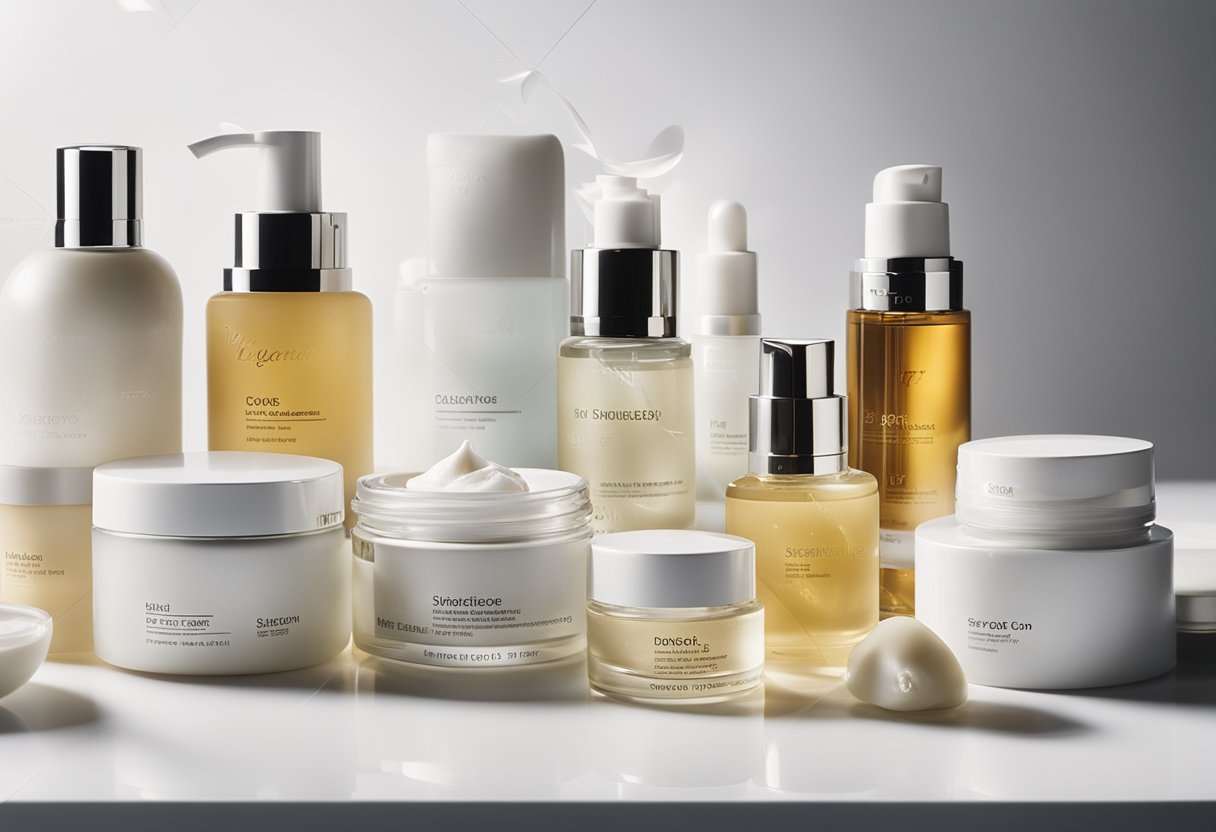
As you age, you may notice more than just wrinkles on your skin. Other signs of aging can include age spots, dry skin, and thinning skin. These changes can be frustrating, but there are ways to manage them.
Age Spots
Age spots, also known as liver spots, are flat, brown spots that appear on your skin as you age. They are caused by years of sun exposure and can be found on areas of the skin that are most often exposed to the sun, such as your face, hands, and arms.
To prevent age spots, it’s important to protect your skin from the sun. Wear protective clothing, such as hats and long-sleeved shirts, and use sunscreen with an SPF of at least 30. If you already have age spots, there are treatments available to help fade them, such as topical creams and laser therapy.
Dry Skin
As you age, your skin produces less oil, which can lead to dryness. Dry skin can be itchy and uncomfortable, and it can also make wrinkles more noticeable.
To combat dry skin, it’s important to moisturize regularly. Look for moisturizers that contain ingredients like hyaluronic acid, which can help your skin retain moisture. You can also try using a humidifier in your home to add moisture to the air.
Thinning Skin
As you age, your skin becomes thinner and more fragile, which can lead to bruising and tearing. This is because the collagen and elastin in your skin break down over time.
To help prevent thinning skin, it’s important to protect your skin from injury. Avoid activities that could cause trauma to your skin, such as contact sports. You can also try using products that contain retinoids, which can help stimulate collagen production.
In conclusion, aging can bring about more than just wrinkles. Age spots, dry skin, and thinning skin are all common signs of aging that can be managed with proper care and treatment. By protecting your skin from the sun, moisturizing regularly, and taking steps to prevent injury, you can help keep your skin looking healthy and youthful.
Importance of a Tailored Skincare Routine
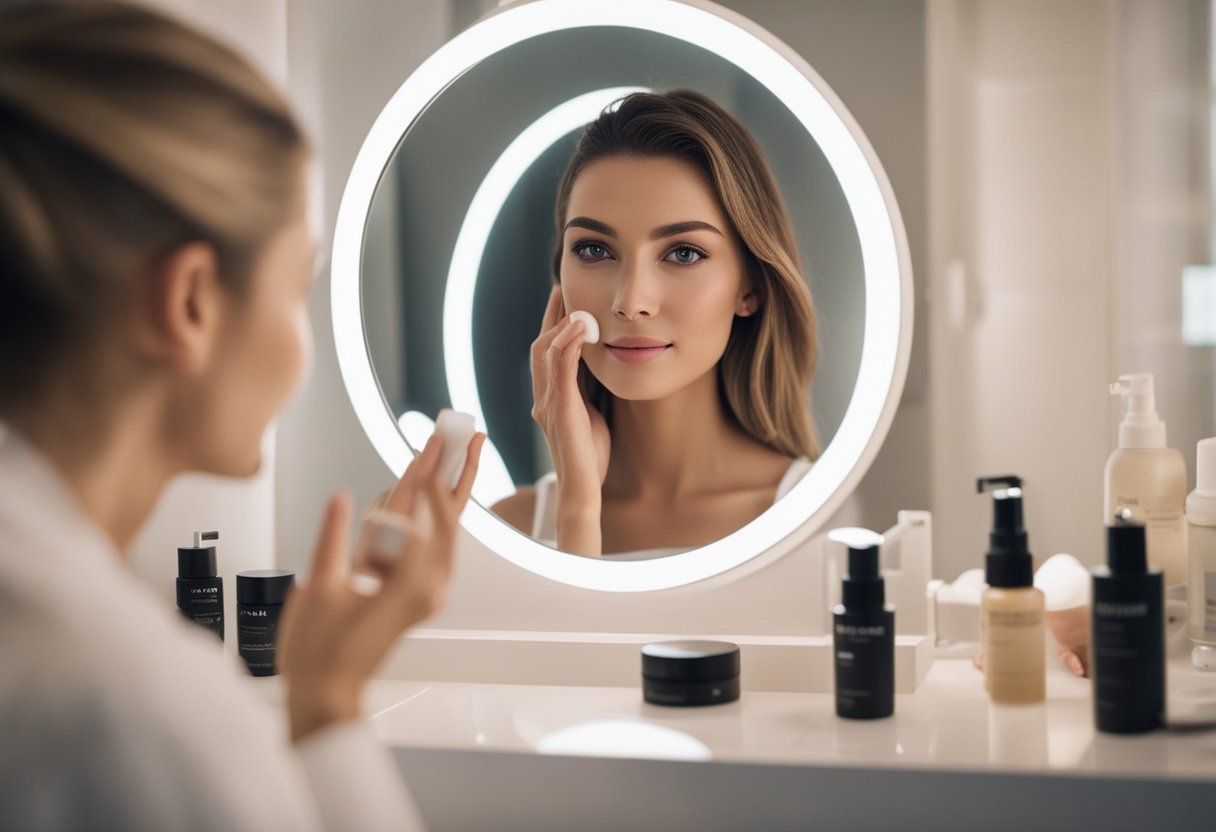
Aging is a natural process that affects everyone, and it can lead to a variety of changes in your skin. While wrinkles may be the most visible sign of aging, there are many other factors to consider when it comes to skincare. A tailored skincare routine can help you address these concerns and keep your skin looking healthy and youthful.
Choosing the Right Products
One of the most important aspects of a tailored skincare routine is choosing the right products for your skin type and concerns. There are many different types of skincare products available, each with their own unique benefits. For example, if you have dry skin, you may want to look for products that contain hydrating ingredients like hyaluronic acid or glycerin. On the other hand, if you have oily skin, you may want to look for products that are oil-free and non-comedogenic.
When choosing skincare products, it’s also important to consider any specific concerns you may have. For example, if you have dark spots or hyperpigmentation, you may want to look for products that contain brightening ingredients like vitamin C or niacinamide. If you’re concerned about fine lines and wrinkles, you may want to look for products that contain retinol or peptides.
Importance of Consistency
Once you’ve chosen the right products for your skin, it’s important to use them consistently. Skincare products work best when used regularly, and skipping your routine can lead to less-than-optimal results. A consistent skincare routine can also help you track your progress and make adjustments as needed.
In addition to using your skincare products consistently, it’s also important to be patient. Skincare is not a quick fix, and it can take several weeks or even months to see results. Stick with your routine and give your skin time to adjust to new products or ingredients.
In conclusion, a tailored skincare routine can help you address a variety of skin concerns and keep your skin looking healthy and youthful. By choosing the right products for your skin type and concerns and using them consistently, you can achieve the best possible results.
Preventive Measures for Aging Skin
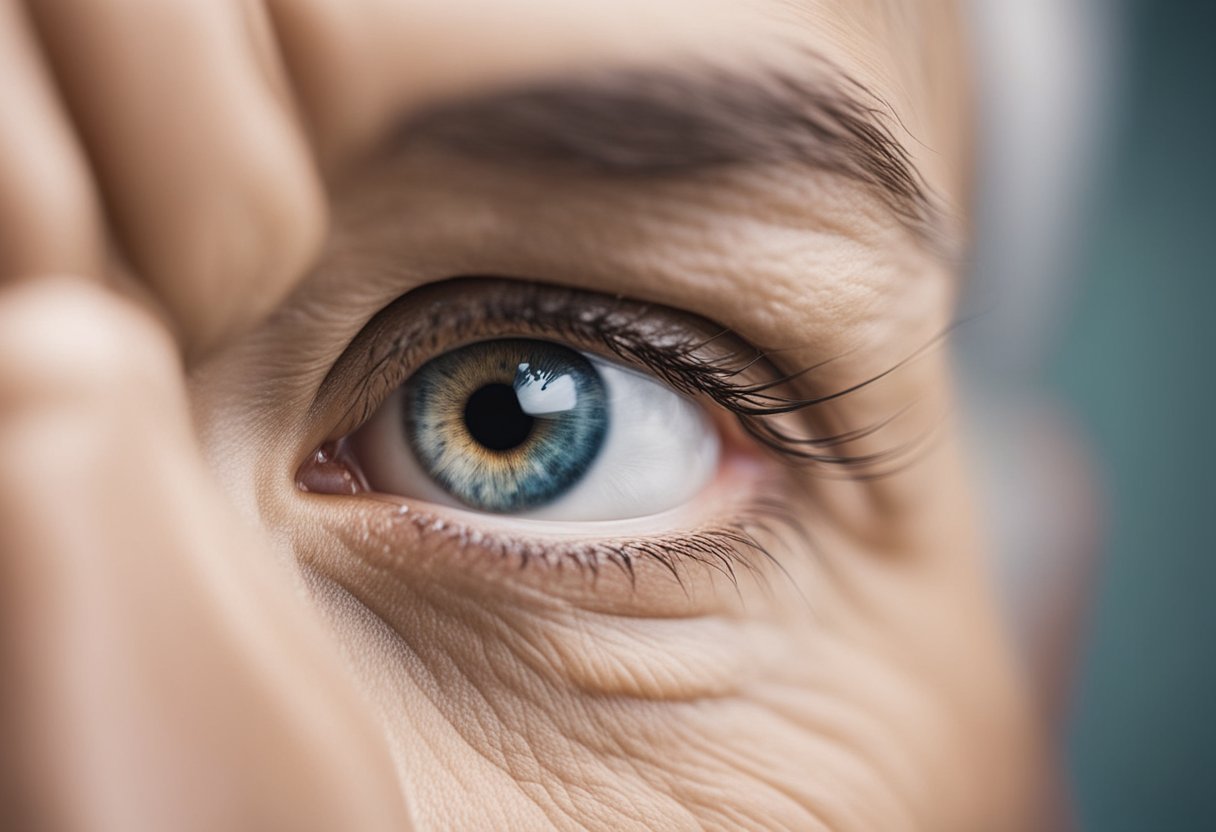
Taking preventive measures can help you keep your skin looking youthful and healthy. Here are some tips to help you prevent premature aging:
Sun Protection
Exposure to the sun’s harmful UV rays is one of the leading causes of skin aging. To protect your skin from the sun, you should:
- Use a broad-spectrum sunscreen with an SPF of at least 30 every day, even on cloudy days.
- Reapply sunscreen every two hours, or more often if you are swimming or sweating.
- Wear protective clothing, such as long-sleeved shirts, pants, and wide-brimmed hats.
- Avoid sun exposure during peak hours, which are between 10 a.m. and 4 p.m.
Healthy Lifestyle Choices
Your lifestyle choices can also affect your skin’s health and appearance. Here are some healthy habits to adopt:
- Eat a balanced diet that includes plenty of fruits, vegetables, and whole grains.
- Drink plenty of water to keep your skin hydrated.
- Exercise regularly to improve circulation and reduce stress.
- Get enough sleep to allow your skin to regenerate and repair itself.
- Avoid smoking and excessive alcohol consumption, which can damage your skin’s collagen and elastin fibers.
By following these preventive measures, you can help keep your skin looking youthful and healthy for years to come.
Advanced Skincare Treatments
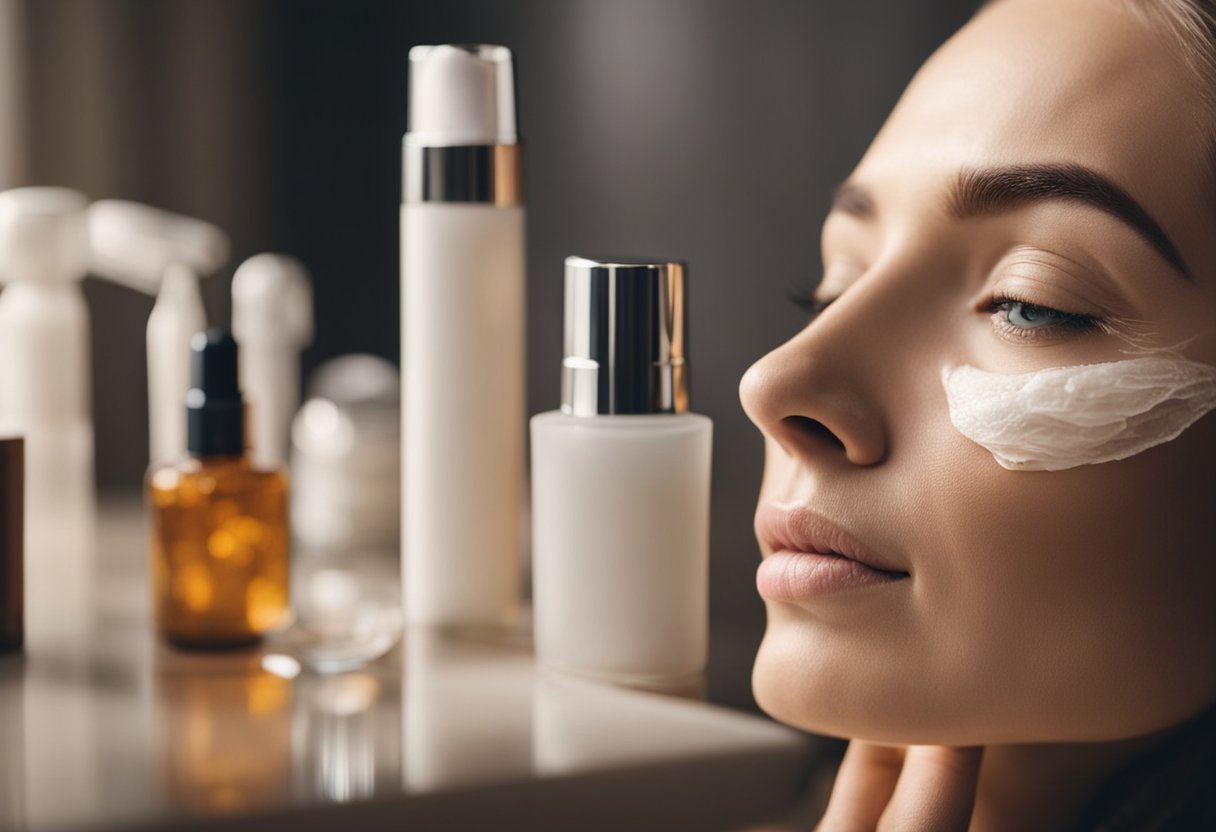
If you’re looking to take your skincare routine to the next level, advanced skincare treatments may be just what you need. These treatments can help to address a range of concerns, from fine lines and wrinkles to hyperpigmentation and acne scars. Here are two popular options:
Chemical Peels
Chemical peels involve the application of a chemical solution to the skin, which causes the top layer of skin to peel off. This process can help to improve the texture and tone of the skin, as well as reduce the appearance of fine lines and wrinkles, acne scars, and hyperpigmentation.
There are several different types of chemical peels, ranging from mild to deep. Mild peels are typically done with alpha-hydroxy acids (AHAs) or beta-hydroxy acids (BHAs), while deeper peels may use trichloroacetic acid (TCA) or phenol.
Chemical peels are generally safe when performed by a licensed professional, but they can cause some redness, peeling, and discomfort in the days following the treatment. It’s important to follow your provider’s instructions for aftercare, which may include avoiding sun exposure and using gentle skincare products.
Laser Therapy
Laser therapy involves the use of a laser to target specific areas of the skin, such as fine lines, wrinkles, and hyperpigmentation. The laser heats up the targeted area, causing the skin to produce more collagen and elastin, which can help to improve the appearance of the skin over time.
There are several different types of laser therapy, including ablative and non-ablative lasers. Ablative lasers remove the top layer of skin, while non-ablative lasers do not. Your provider can help you determine which type of laser therapy is best for your skin type and concerns.
Laser therapy is generally safe when performed by a licensed professional, but it can cause some redness, swelling, and discomfort in the days following the treatment. It’s important to follow your provider’s instructions for aftercare, which may include avoiding sun exposure and using gentle skincare products.
Conclusion
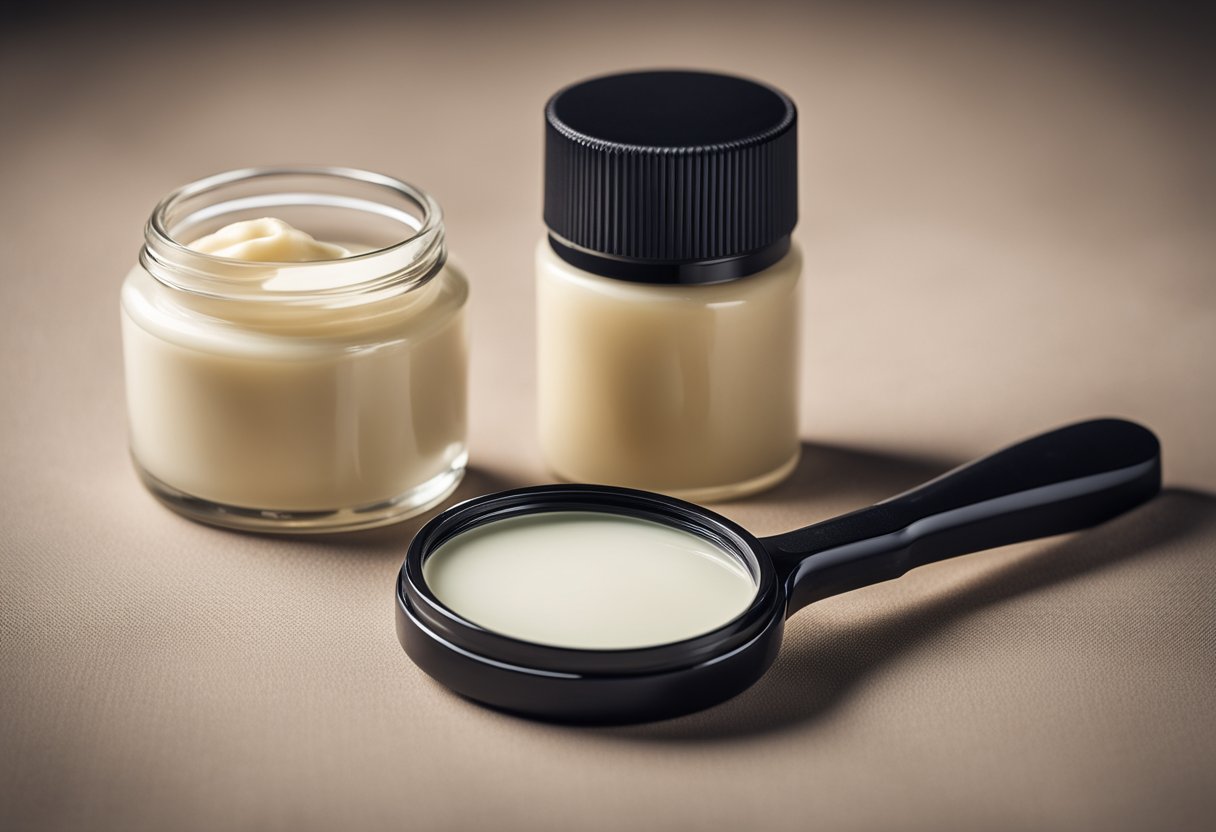
Taking care of your skin is important at any age, but it becomes especially crucial as you get older. As we age, our skin undergoes many changes, including a loss of elasticity, thinner and drier skin, and a decrease in collagen production. However, with the right skincare routine, you can help slow down the signs of aging and keep your skin looking youthful and healthy.
Remember to always wear sunscreen to protect your skin from harmful UV rays, and to moisturize regularly to keep your skin hydrated and supple. Incorporating anti-aging products into your skincare routine can also be beneficial, such as those containing retinol or vitamin C. And don’t forget about the importance of a healthy lifestyle, including a balanced diet and regular exercise, which can also help keep your skin looking its best.
By taking care of your skin and making it a priority, you can not only look your best, but also feel your best. So go ahead, pamper yourself and your skin, and enjoy the benefits of a healthy and youthful complexion.
Rod Barnes
Rod Barnes has authored several websites with a wide variety of subjects.
He is a Vietnam Veteran with broad experience in business. He is especially interested in providing resources for our aging population.